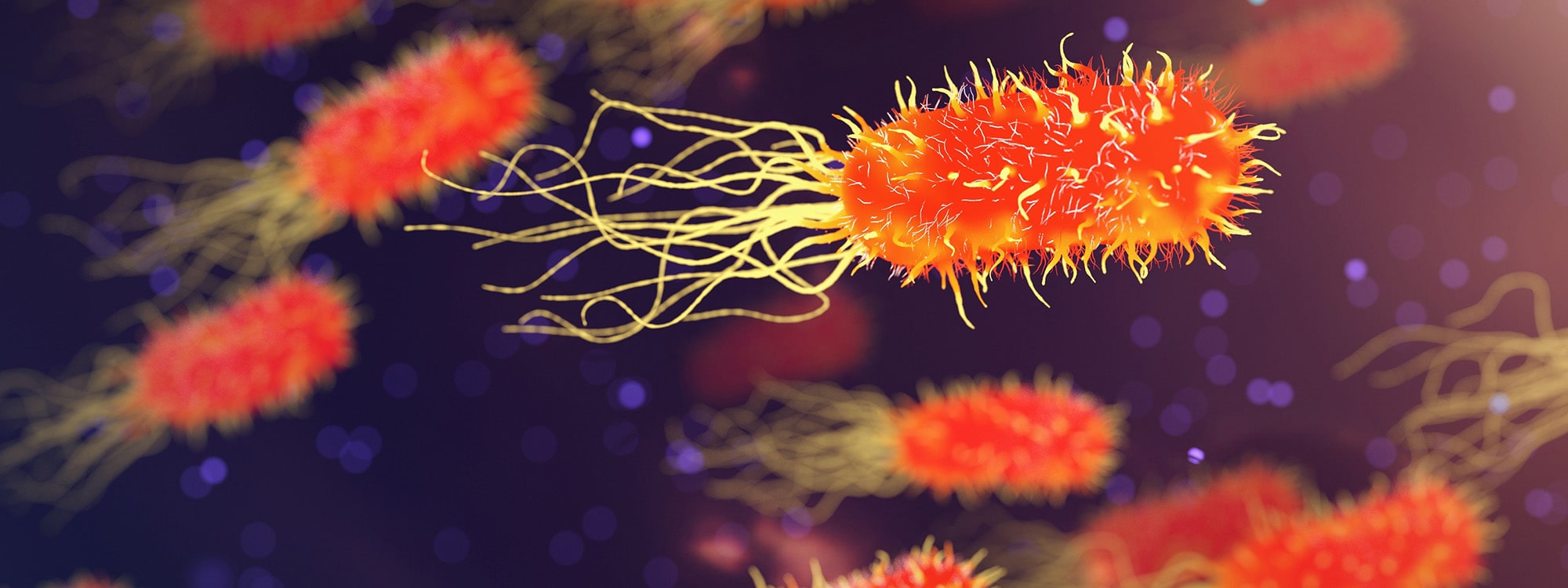Our Research
In recent years, waterborne and vector-borne parasitic and bacterial diseases have emerged or re-emerged in many geographical regions, causing global health and economic problems. The ecology and epidemiology of waterborne and vector-borne diseases are affected by the interrelations between three main factors comprising the pathogen, the host, and the environment. Lincoln Centre for Water and Planetary Health researchers are interested in the potential impact of diseases on human health.
Historical Reconstruction of Epidemic Disease
Historical reconstruction of epidemic disease is important because it allows us to test the key factors associated with its spread, severity, and varying degrees of human susceptibility. Epidemic disease was reconstructed from parish registers of burials, particularly in areas where there was systematic recording of mortality in England. LCWPH researchers are interested in exploring the role of extreme weather events and climatic change in the outbreak, spread, and severity of epidemics.
Spatial Agent-Based Modelling of Malaria (ABM)
Understanding a landscape epidemiology system requires more than an understanding of the different types of individuals (host, vector, and pathogen) that comprise the system. It also requires understanding how the individuals interact with each other and with the environment. Two mosquito-control interventions were modelled using GIS and an ABM for a study site in Kenya. LCWPH researchers are interested in integrating data from social media and apps to create a dynamic ABM model.
Key Personnel and Expertise
Professor Mark Macklin - Mining and river processes
Professor Chris Thomas - spatial ecology
Dr Dilkushi de Alwis Pitts - Spatial analysis and modelling
Dr Matthew Hannaford - Disease history, documentary reconstruction, climate and disease.
Publications
| Team Member | Publication |
|---|---|
| ilkushi de Alwis Pitts | |
| Mark Macklin |
Smith, M.W., Willis, T., Alfieri, L., James, W.H.M., Trigg, M.A., Yamazaki, D., Hardy, A.J., Bisselink, B., De Roo, A., Macklin, M.G. and Thomas, C.J., 2020. Incorporating hydrology into climate suitability models changes projections of malaria transmission in Africa. Nature communications, 11(1), pp.1-9.
Cross, D.E., Thomas, C.J., McKeown, N., Siaziyu, V., Healey, A., Willis, T., Singini, D., Liywali, F., Silumesi, A., Sakala, J., Smith, M., Macklin, M.G. and Thomas, C.J., 2020. Geographically extensive larval surveys reveal an unexpected scarcity of primary vector mosquitoes in a region of persistent malaria transmission in western Zambia. |
| Matthew Hannaford | |
| Chris Thomas | |
| Holly Norton | |
| Amy Healy |
Projects
| Team Member | Project |
|---|---|
| Mark Macklin | NERC award (2017-2021) to Professor C J Thomas, Dr A Hardy, Professor M G Macklin and Dr M W Smith to investigate “FLOODMAL: The impacts of flooding and changed river flows on malaria hazard”. £591,107 |
| Matthew Hannaford | |
| Chris Thomas | TextNERC award (2017-2021) to Professor C J Thomas, Dr A Hardy, Professor M G Macklin and Dr M W Smith to investigate “FLOODMAL: The impacts of flooding and changed river flows on malaria hazard”. £591,107 |
| Holly Norton | Climate variability and epidemic disease in early modern eastern England (LCWPH-funded PhD studentship) |
| Amy Healy |
Contact Us
School of Geography, College of Health and Science
University of Lincoln, Think Tank, Ruston Way, Lincoln, LN6 7DW
Tel: +44(0)1522 835820

